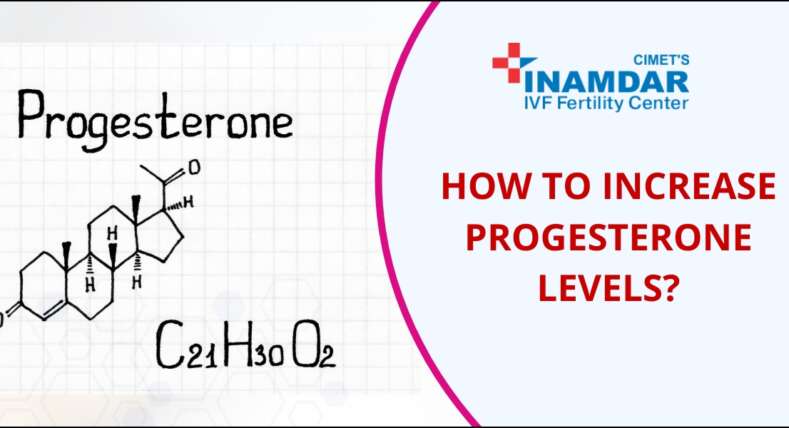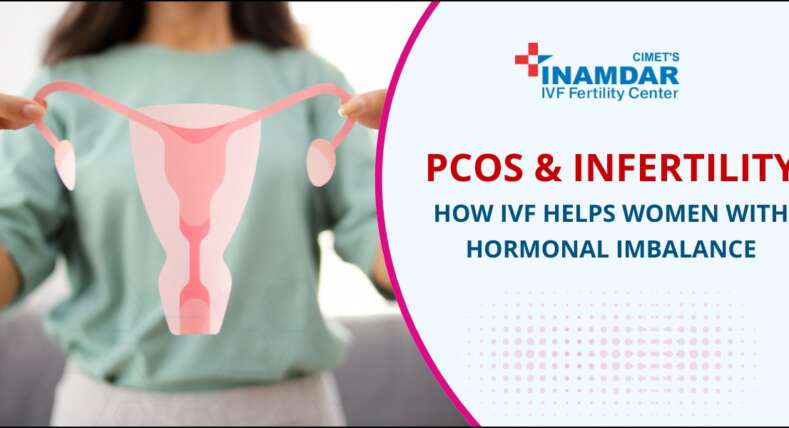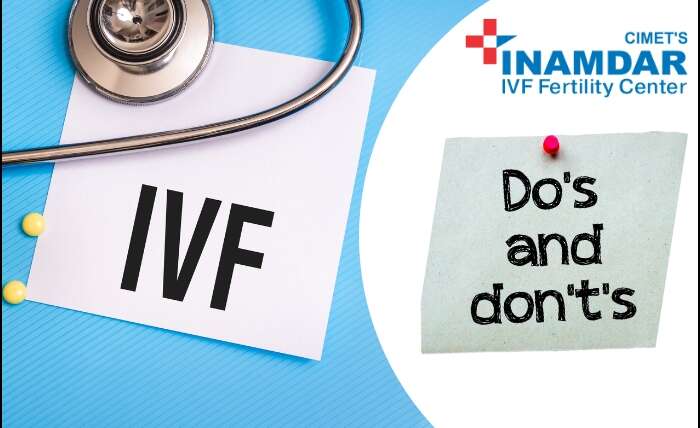In-Vitro Fertilization (IVF): Procedure, Preparation & Risks
IVF Procedure:
- Ovarian Stimulation: The process begins with the administration of fertility medications to stimulate the ovaries to produce multiple eggs. This is monitored through blood tests and ultrasounds.
- Egg Retrieval: Once the eggs are mature, they are retrieved from the ovaries using a thin needle under ultrasound guidance. This procedure is typically performed under sedation.
- Sperm Collection: A sperm sample is collected from the male partner or a donor. The sperm is then processed and prepared for fertilization.
- Fertilization: The retrieved eggs are combined with the sperm in a laboratory dish. Fertilization can occur through traditional insemination or Intracytoplasmic Sperm Injection (ICSI), where a single sperm is injected directly into an egg.
- Embryo Culture: The fertilized eggs (embryos) are cultured in a laboratory for several days. They are monitored for growth and development.
- Embryo Transfer: One or more healthy embryos are transferred into the woman’s uterus. This is done using a thin catheter and typically does not require sedation.
- Pregnancy Test: About two weeks after the embryo transfer, a blood test is performed to determine if pregnancy has been achieved.
Essential Steps in Preparing for IVF Treatment
- Medical Evaluation: Both partners undergo a comprehensive medical evaluation, including blood tests, ultrasounds, and screenings for infectious diseases.
- Counseling: Psychological counseling may be recommended to help manage the emotional aspects of IVF.
- Lifestyle Adjustments: Maintaining a healthy lifestyle is crucial. This includes a balanced diet, regular exercise, avoiding smoking and alcohol, and managing stress.
- Medication: Following the prescribed medication regimen carefully is essential for the success of the treatment.
Understanding the Risks in IVF: What You Need to Know
- Multiple Pregnancies: IVF increases the likelihood of multiple pregnancies (twins, triplets), which can pose health risks to both the mother and the babies.
- Ovarian Hyperstimulation Syndrome (OHSS): The ovaries can become swollen and painful due to the fertility medications. Severe cases may require hospitalization.
- Ectopic Pregnancy: There’s a small risk of the embryo implanting outside the uterus, which can be life-threatening.
- Birth Defects: While the overall risk is low, some studies suggest a slightly higher risk of birth defects with IVF.
- Emotional and Psychological Stress: The process can be emotionally taxing, with the potential for significant stress, anxiety, and depression.
- Financial Cost: IVF can be expensive, and multiple cycles may be needed, adding to the financial burden.
IVF is a complex and highly technical process that offers hope to many couples experiencing infertility. At Inamdar IVF Fertility Centre in Pune, we provide expert care and advanced treatments to help you on your journey to parenthood.




